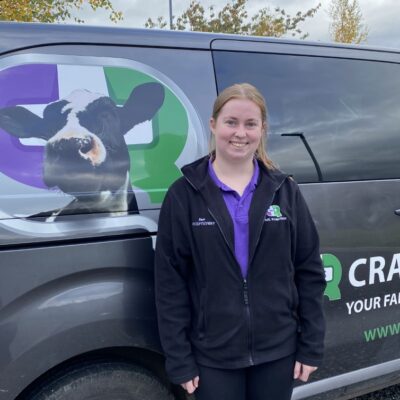Emergency? Call 01228 521 393
Surgery
We understand that bringing your pet to the surgery for an operation can be worrying. We are always happy to discuss what your pet’s treatment will involve to help reassure you.
Making things go smoothly on the day of surgery.
- Your pet must not eat on the morning of the operation. Dogs and cats should be fasted for 12 hours before an anaesthetic. Rabbits should not be fasted prior to operations and should be brought in along with a “packed lunch” of their favourite snacks to eat while staying in our kennels.
- Please give your dog or cat a chance to go to the toilet before coming in to the surgery.
- If your pet is due a bath and groom this should be done before surgery to keep things as hygienic as possible in the operating theatre. Be aware that you may not be able to bath your pet for several days after an operation.
Pre-surgery
A vet or nurse will make sure your pet is comfortable and calm from the moment they arrive at the surgery. Procedures to prepare your pet for surgery might include: a blood test to check liver and kidney function and to rule out anaemia and diabetes; a clinical examination; cleaning and clipping; and a sedative injection to help provide a smooth induction and recovery from anaesthetic.
Your pet’s anaesthetic will be tailored to their age, breed, weight and health status and to the procedure being performed. Equipment to monitor the anaesthetic is available and anaesthetics are only ever monitored by fully qualified and experienced nurses.
General anaesthetics
A general anaesthetic is usually induced by administering an injection into a vein and then maintained using gas administered through a tube positioned in the windpipe. This tube very occasionally causes a mild cough which clears up in a couple of days.



